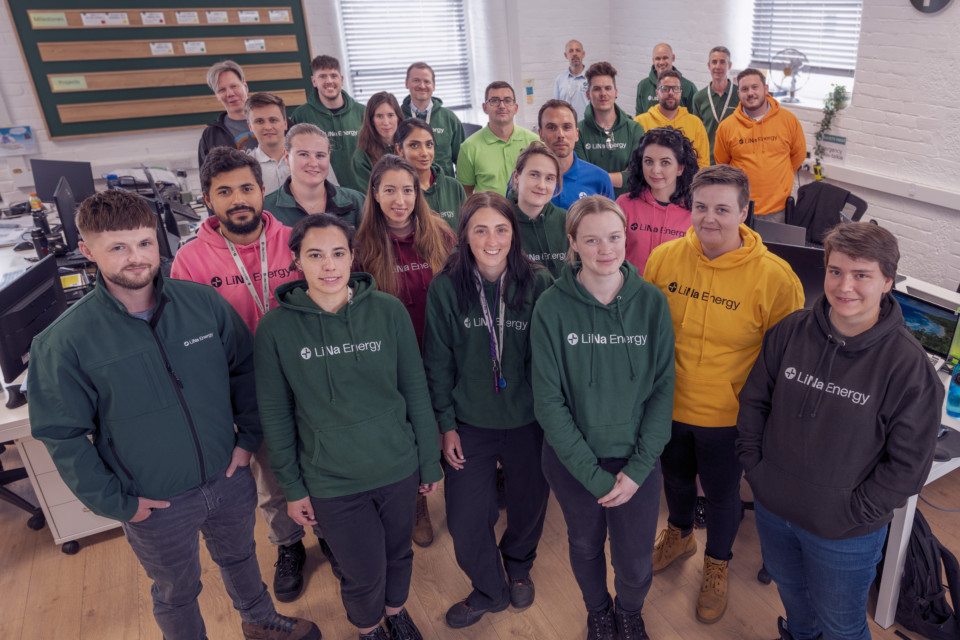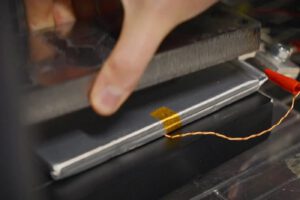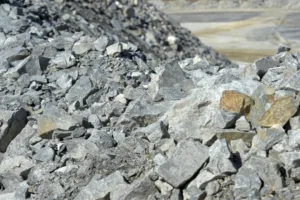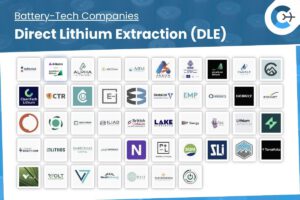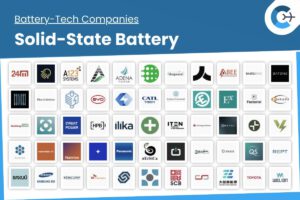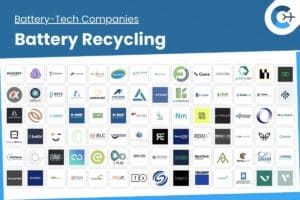LiNa Energy has inaugurated a new pilot manufacturing line for its sodium-based batteries at the White Cross Industrial Estate in North-West England. Backed by £20 million in funding—approximately £1 million of which came through Innovate UK’s Future Economy Investment Partnership (FEIP) programme—the 8,000-square-foot facility sits alongside the company’s two research laboratories. This proximity is intended to accelerate the transition from R&D to production.
The company’s batteries use salt and a proprietary ceramic electrolyte designed for solar-rich environments, providing long-duration storage, high safety, and performance without relying on scarce or flammable materials. LiNa plans to supply these systems to international customers, including Tata Power in India and energy partners in the Middle East, where extreme temperatures and intense operating conditions demand robust storage solutions.
LiNa Energy was established in 2017 as a spin-out from Lancaster University and has since grown to a team of 35 specialists. The opening ceremony was officiated by Cat Smith MP, Member of Parliament for Lancaster and Wyre, and attended by Councillor Margaret Pattison, Mayor of Lancaster. In her remarks, Smith highlighted the facility’s potential to generate skilled local employment and support regional zero-emission targets.
“This is a defining moment.” said Will Tope, CEO of LiNa Energy. “While headlines have dominated the battery industry, we’ve stayed focused on what matters most – trusting the science and a dogged commitment to honing and finessing the technology. This new facility is the result of years of disciplined engineering and a clear-eyed view of what the market truly needs. I’m incredibly proud of what our team has achieved.”
The pilot line represents LiNa’s next phase of growth, aiming to scale its salt-based battery platform to meet global demand for cost-effective, reliable clean energy. With continued support from Innovate UK and private investors, LiNa Energy is positioning its technology to stabilize intermittent renewable power—particularly solar—by storing electricity for consistent, round-the-clock delivery.
Source: LiNa Energy

